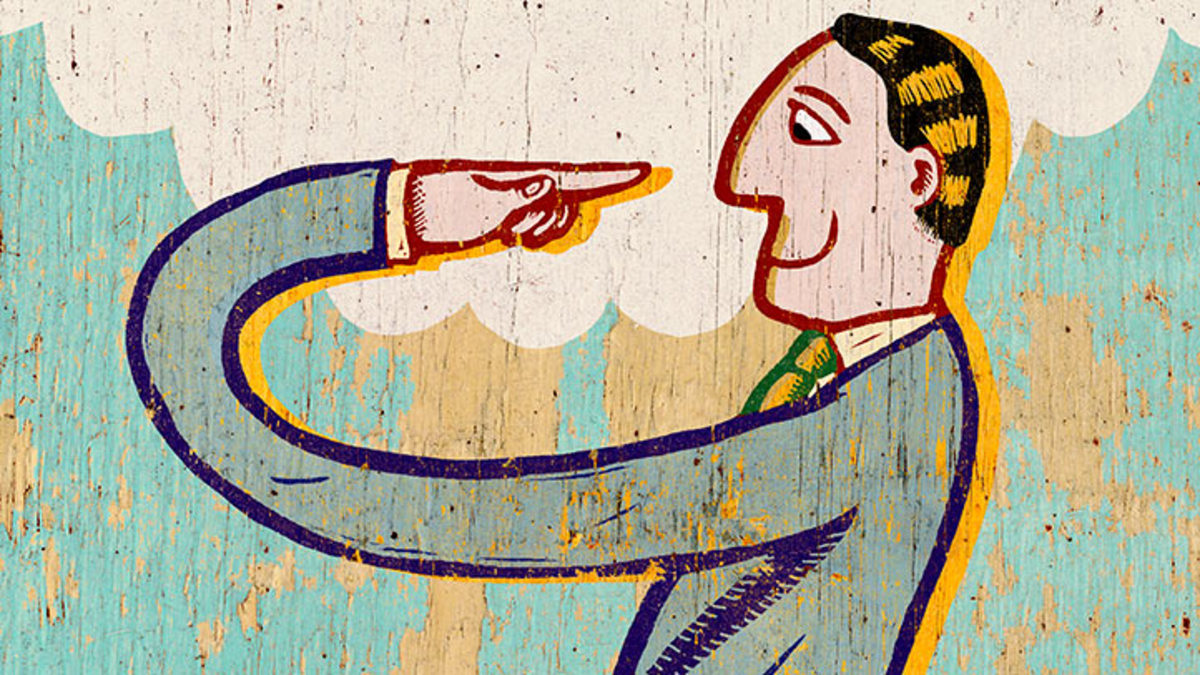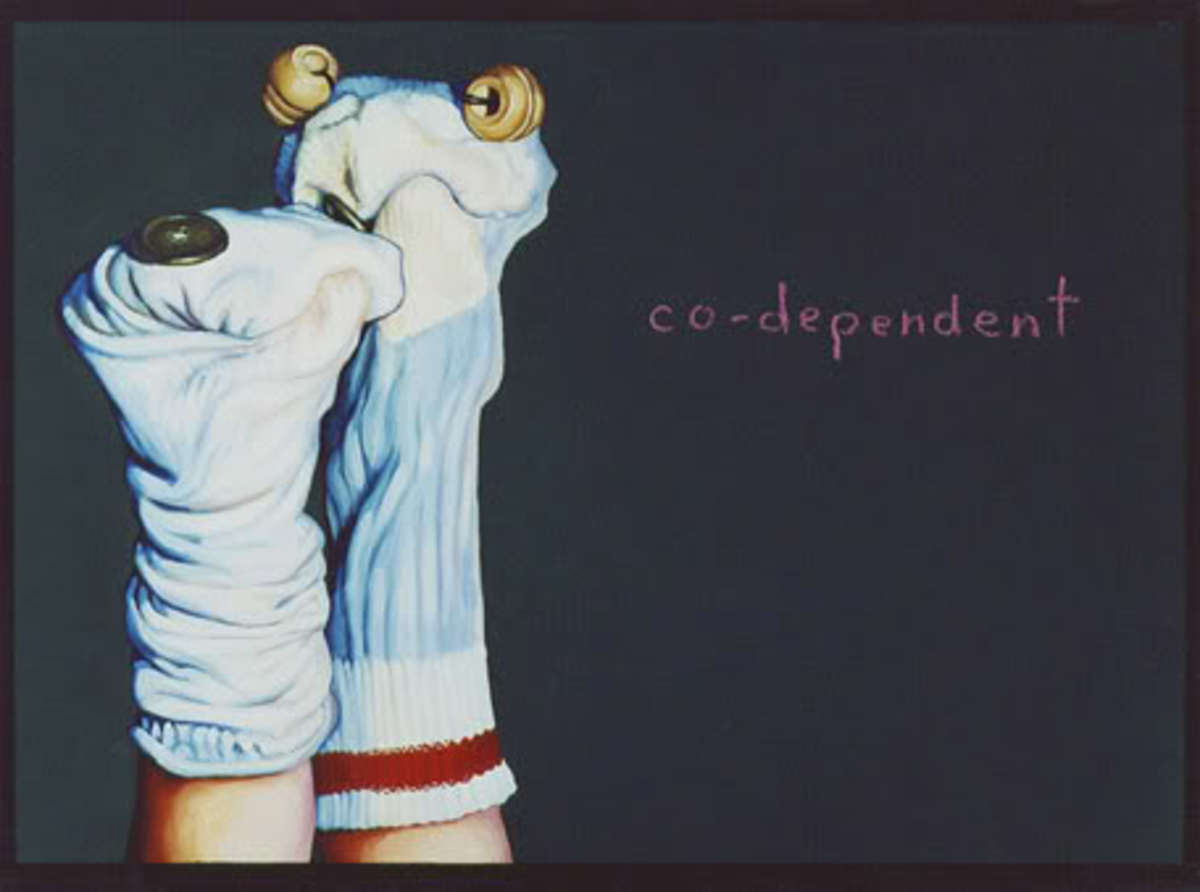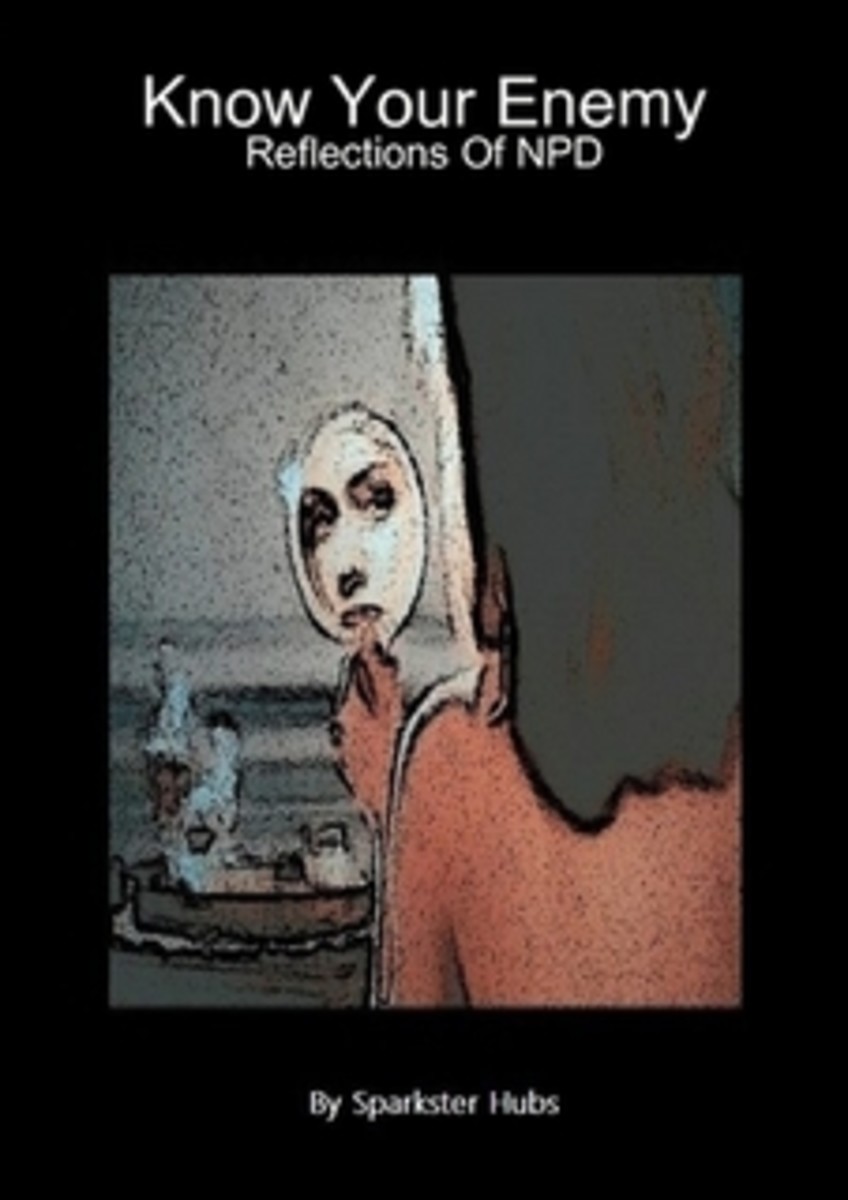How to Keep Clear of Codependent Relationships
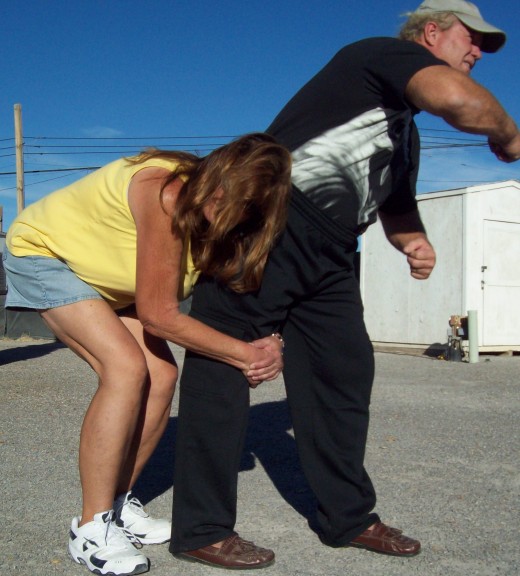
Healthy and loving relationships are defined by the "give and take" of each individual that benefits both members and develops a deep trust overtime. In a co-dependent relationship, one person gives and the other one takes. Co-dependents use self-sacrificing behaviors that ensure their relationship will not end. To the co-dependent person, it is better to be in a bad relationship than alone.
Signs of a Co-Dependent Relationship
All loving relationships have a selfless quality, but are you lacking compromise and "going along" with the demands of your partner on most, if not all, issues concerning the relationship?
- Do you try to "fix" all your partner's problems and sacrifice your own needs to do it?
- Does your life revolve around your significant other and cause you excessive anxiety?
- Do you have an intense fear of losing your relationship?
- Has your significant other lost some interest in the relationship, and you are abandoning your own health and well-being to restore his attention?
- Do you lack an identity when you are not in a relationship?
- Do you gain control of your significant other by caring for them, worrying about them, and obsessing about their happiness?
The Recognition of Co-Dependence
About ten years ago, the mental health community began to notice the similar characteristics of people raised by alcoholics and parents with substance abuse problems. After some studies and research into the co-dependent person, a pattern emerged in situations that did not always include substance abuse. It appears that co-dependence behavior is the result of a child not getting their needs met in a dysfunctional family, and the behavior sometimes practiced in families with substance abuse issues may be seen in parenting that does not have addiction components. Co-dependent relationships most often contain the "taker" and the "caretaker."
A Definition of Co-Dependent Relationship
“Codependency, by definition, means making the relationship more important to you than you are to yourself,”
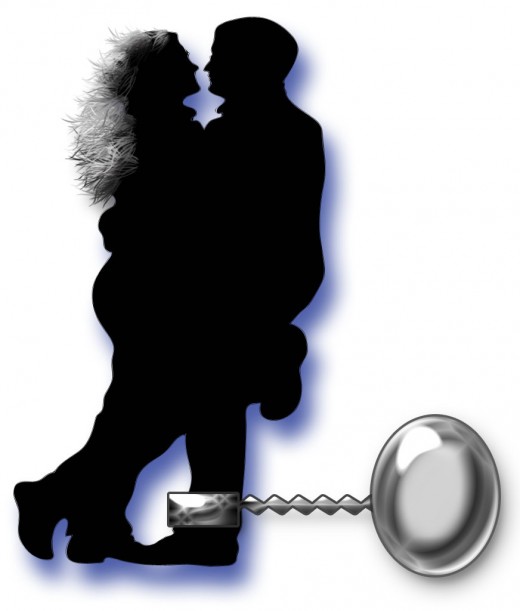
The "Taker" in a Co-Dependent Relationship
The codependent personality generally attracts people that are "takers." These takers seek out the codependent, and are usually very good at recognizing them. Their need to control their partner, spouse, children or friends is met by their involvement with the codependent. The taker uses anger, blame, guilt or violence to get their needs met. Most likely, the taker has learned these manipulative behaviors through an abusive or neglected childhood, but this is not always the case. Takers are usually narcissistic, selfish, and demanding. Many may use violence when challenged by a partner who has attained some strength or personal growth in the relationship, and will do anything to maintain control.
The "Caretaker" in the Co-Dependent Relationship
Although the co-dependent may feel like a victim, or someone who is controlled by someone else, there is an underlying form of "control" that takes the form of excessive caring that co-dependents perform to maintain the relationship. If their significant other has problems in controlling their impulses, addictions or behavior, the co-dependent will protect them and enable their partner to continue the dysfunction and rely on them. For example, the partner that repeatedly bails their mate out of jail for DUI, protects their partner when they are violent to them or others, or rescues them from a behavior that continues to get them in trouble.The denial of their significant other's abusive behavior is the hallmark of a co-dependent person.

Children of Uniformed Parenting
Children born in a dysfunctional household that practices abuse, neglect, and solves problems with anger and violence, may create co-dependent children. Parents who don't teach their children the skills to handle stress, deal with conflict, and fail to show them positive problem solving skills, often leave their offspring to wander in a complex world without the knowledge to navigate their lives successfully. The resulting low self-esteem in this child may permit their significant other to mistreat them in several ways, rather then finding this behavior unacceptable. Co-dependents "co-exist" with the other in a relationship. They "live for" the significant other and devote most of their time to excessive caretaking and solving all their partner's problems.
The Characteristics of a CoDependent Personality
Characteristics of CoDependent Personality
| Example of Reactions to Significant Others
| CoDependents' Rationale
|
|---|---|---|
Denies own needs to make their significant other happy
| Always puts the needs of the significant other first
| Poor management of conflict and fear of anger that will threaten the relationship
|
Excessive caretaking
| Takes care of the significant other and tries to fix all problems
| Attempt to gain control of the relationship
|
Low Self-Esteem
| An obsessive need to be needed
| The need to feel valuable by "being needed"
|
Stress related health complaints
| Frequent headaches, depression, weight loss or weight gain, asthma, high blood pressure and others may occur
| Pressure of control over another produces health concerns
|
Denial
| Continues to believe the relationship will get better if they continue to love the significant other
| Fear of being alone is better than living well
|
Addictive behavior
| Frustrations and anger is suppressed with alcohol and drugs
| Addictions may develop over time
|
Lack of boundaries
| The significant other may be abusive, selfish, angry or harmful
| Co-dependent personalities may allow to be mistreated, as if this is normal or acceptable behavior
|
Support Groups for People with Co-Dependence Issues
Co-Dependency and Unhealthy Relationships
Co-dependent relationships are not healthy ones. The co-dependent personality is considered an anxiety disorder by the mental health community, since the stress of controlling a relationship takes it's toll on the person in a physically, mentally and spiritual manner. The co-dependent relationship may increase the sufferers depression, loss of control, and further damage an already brittle self-esteem. It is important to seek assistance and support from available sources. The support group, CODA, is a loving and caring support group that can help people break the cycle of abusive relationships and learn how to obtain a healthy relationship that shares common goals, and respects the differences that people have in the most loving of bonds.


